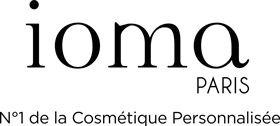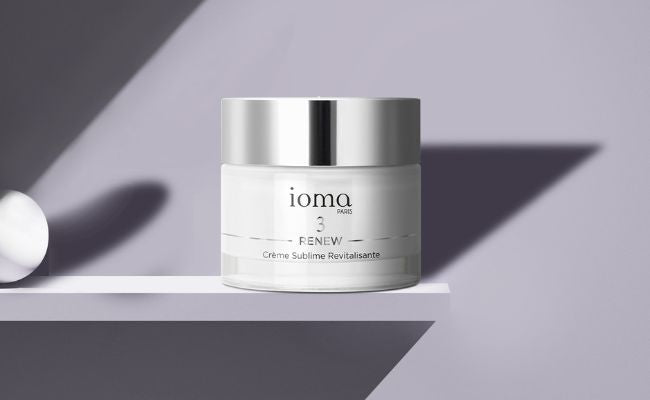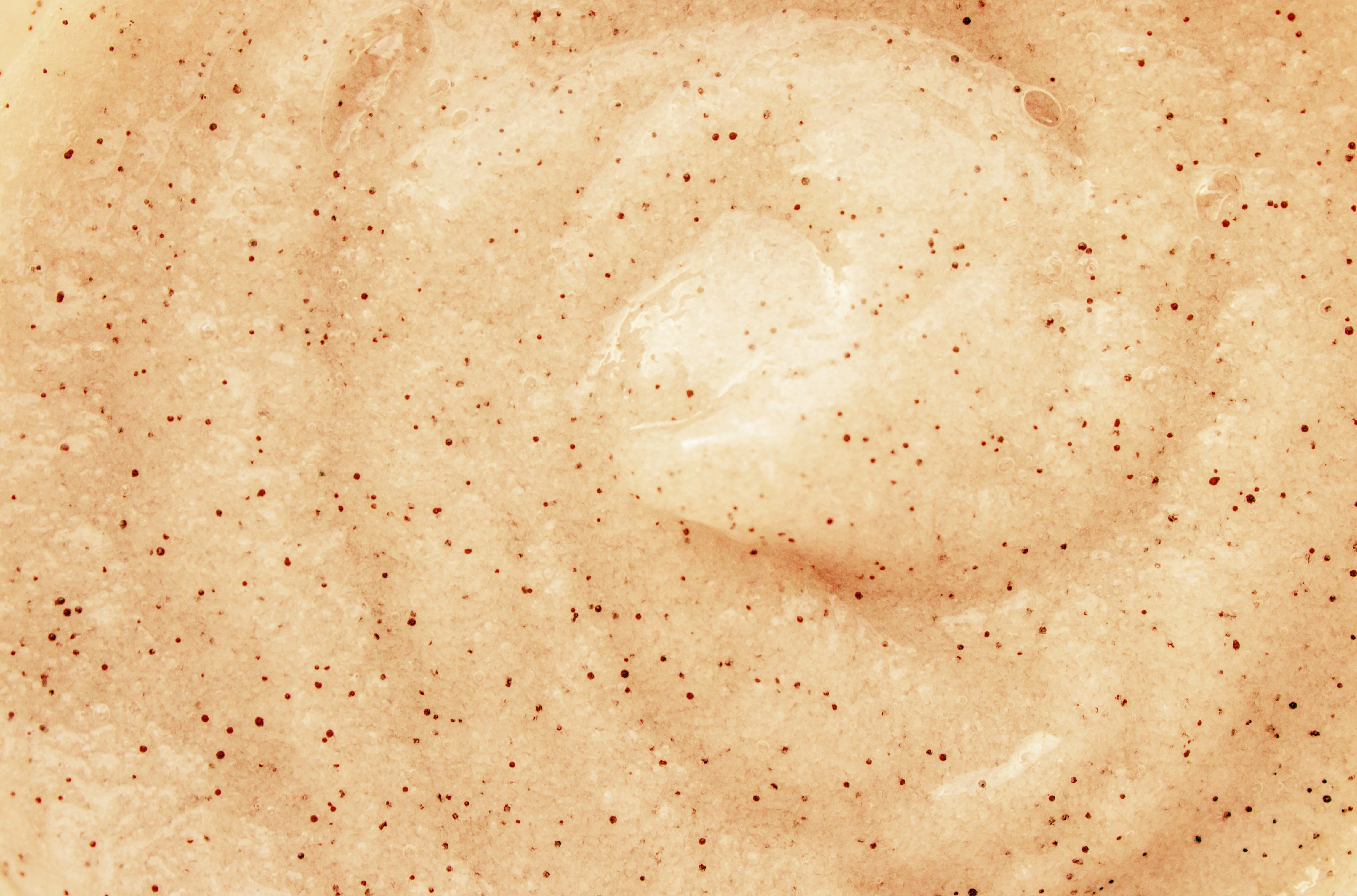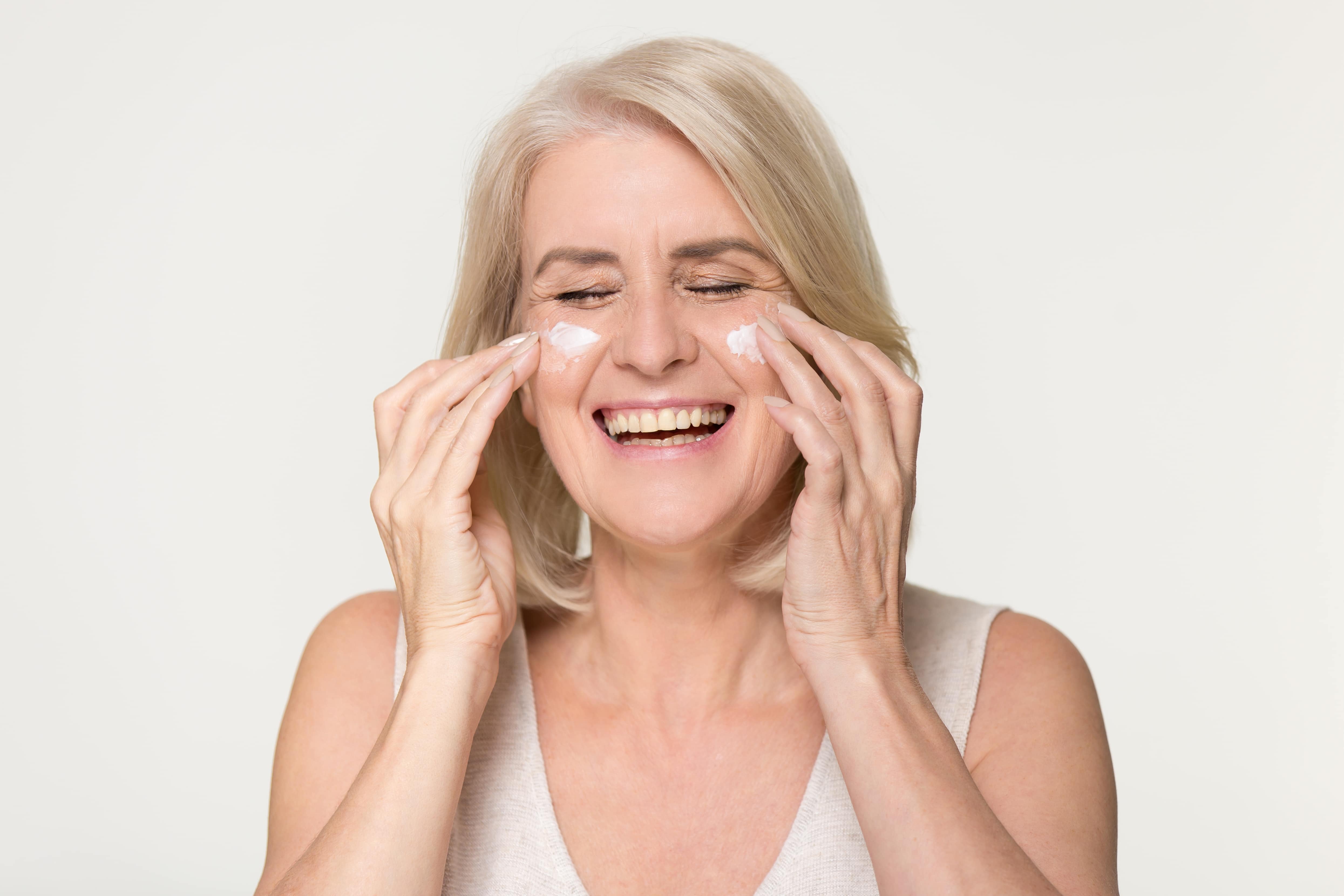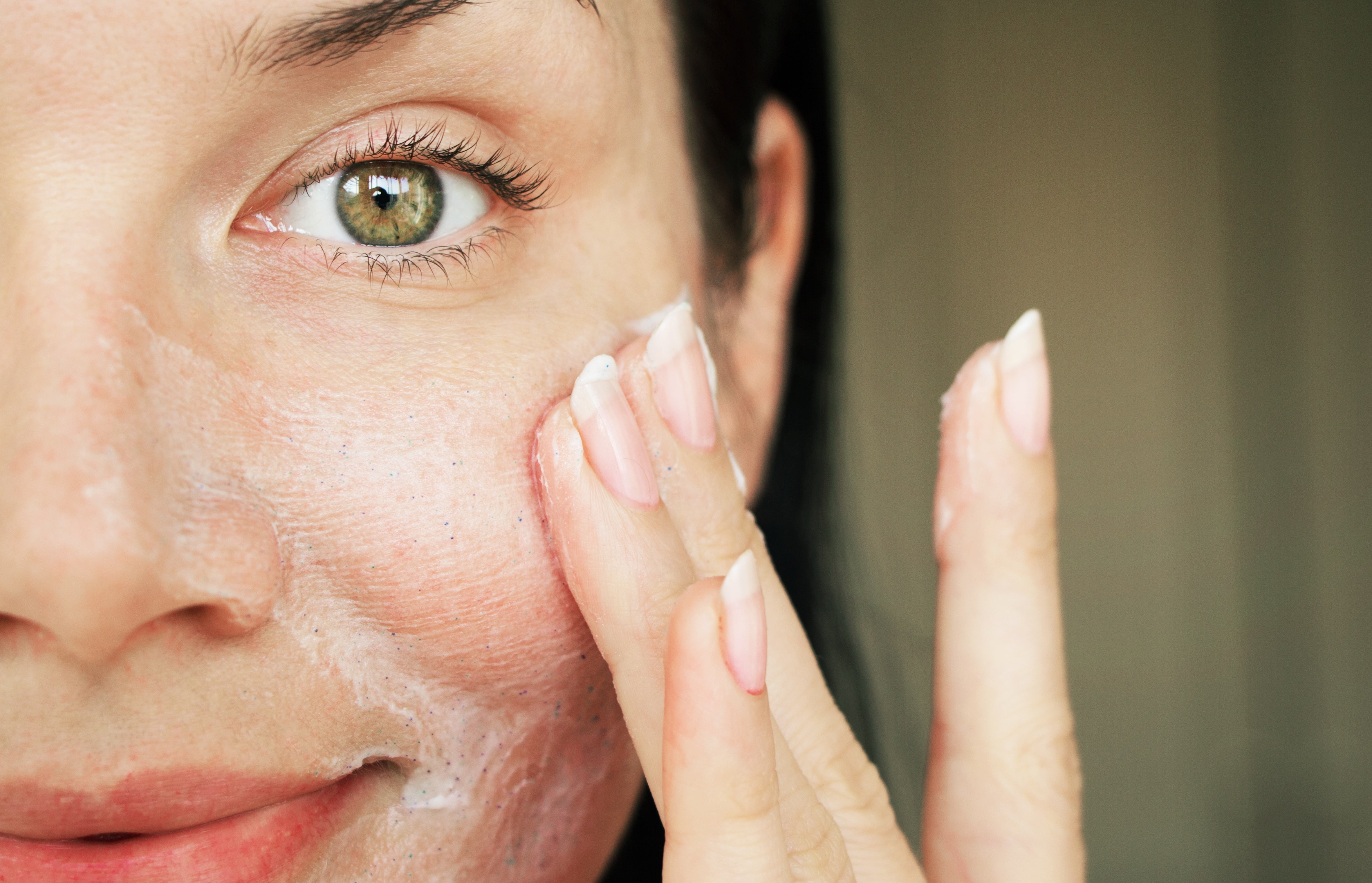
Sensitive skin: the right actions
How to recognize sensitive skin?
Most of the time, sensitive skin is recognized because it is thin and, above all, reactive. It can also have subcutaneous microvascularization visible through the epidermis. Unlike combination to oily skin, sensitive skin is even more weakened by external factors such as:
- The climate : cold, heat, humidity or, on the contrary, very dry environments. • Pollutants (car exhaust fumes) or cigarette smoke.
- The sun, especially ultraviolet rays : Sensitive or reactive skin reacts strongly to external aggressions because the epidermis does not protect it sufficiently. It therefore more easily assimilates elements that pass through the skin's first barriers.
However, it is important not to confuse reactive skin with allergic skin. In fact, allergic skin reacts to certain allergenic ingredients or substances but does not react when faced with external aggressions.
What products and actions should be avoided?
Sensitive skin has difficulty tolerating products that contain preservatives, surfactants, and perfumes. They tend to irritate this skin type more easily. It's also best to avoid skincare products containing retinol or fruit acids. If possible, choose a fragrance-free or very lightly scented and alcohol-free product to limit the risk of skin reactions. Also avoid scrubs unless they are specifically designed for sensitive skin, as all skin types need to get rid of dead cells! To rinse your face, choose thermal spring water rather than tap water and pat it dry with a tissue. Do not cleanse your skin with soap. If its pH is too high, it can strip and damage the skin.
There's no need to use a large number of products or change them too often. The more you let your skin breathe, the more resistant it will be. Public transport, packaging, computer keyboards... every day we come into contact with everyday elements that are more or less clean. Without necessarily paying attention, we bring our hands to our face and carry bacteria that can be responsible for minor skin infections. Even after a long day at work or a late night, the bathroom step is essential. Take care of your skin every day, which requires proper makeup removal so it can regenerate overnight.
The ideal beauty routine
A few simple actions can reduce skin hyper-reactivity, including: Protecting yourself from extreme weather conditions (cold, heat, sun). Avoid the most polluted spaces, both indoors and outdoors, stop smoking, adopt a balanced diet, consume enough water (1.5 L per day), and moisturize your skin well with care specifically adapted to sensitive skin. Daily, a gentle cleanser, a soothing serum and an effective anti-redness facial cream will be your best allies for treating your sensitive skin. Once a week, a mask containing soothing and anti-inflammatory active ingredients will do your sensitive skin the world of good. Discover Soft Peeling , the exfoliating facial oil balm dedicated to sensitive skin. Its grain-free texture respects the delicacy of your skin.
Little expert tips
To avoid exacerbating this sensitivity further, avoid overly spicy foods, protect your skin from UV rays every day, and insulate it from the external environment with more protective skincare. Consider water as your skin's shield. Apply a serum and cream in the morning. Keep a tube of cream in your bag for touch-ups if necessary, especially if you have rosacea: redness raises local temperature, causing the skin to lose even more water. Diet also has a definite influence on the skin, and so does alcohol. People with sensitive skin who redden easily should not drink a lot of alcohol; be careful of a reddened complexion.
